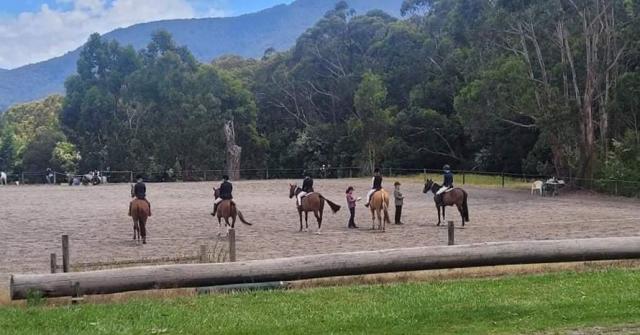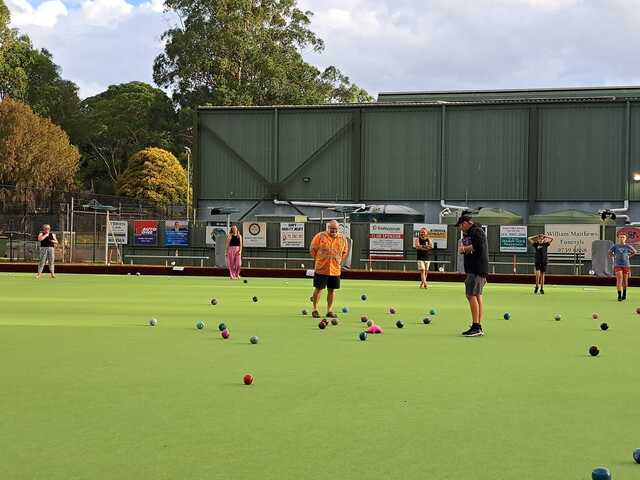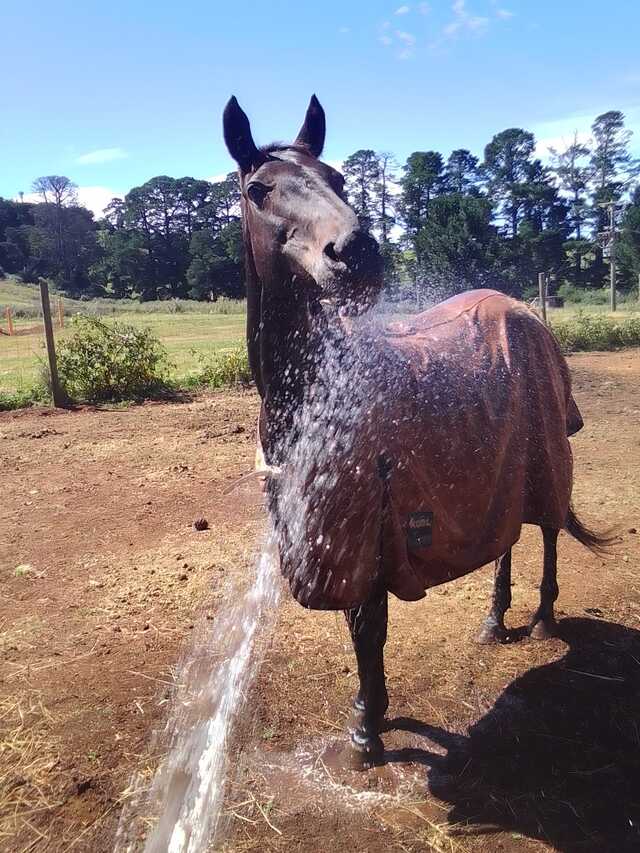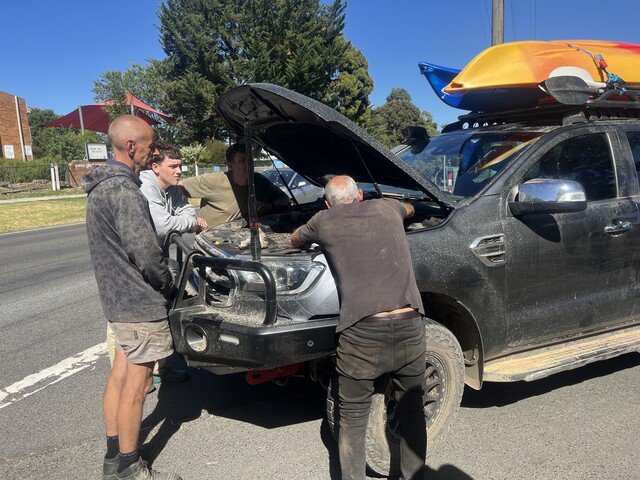Agriculture Victoria has confirmed that recent sudden multiple horse deaths are not linked or the result of an infectious disease.
The department released a statement online on 2 August, giving horse owners some relief concerning the recent multiple horse deaths throughout Victoria.
Anita Prowse of the Upper Yarra Pony Club has welcomed the news.
“It’s fantastic that it isn’t an infectious disease,” she said
“The big concern initially was that it could be Hendra or Anthrax.”
Sample testing and necropsies were conducted where possible on deceased animals and found nothing unusual or unexpected as contributing causes.
Ms Prowese said she commended the efforts made towards the investigation.
“They did a good job and did what they needed to do,” she said.
A number of separate diagnoses have been made including intestinal issues in one instance, while there is a possibility of toxic plants present in another.
In some instances, it was not possible to determine a clear cause due to a lack of available suitable samples.
The investigation involved a total of 17 horses that died on six separate properties where multiple deaths were reported.
Negative tests were returned for a wide variety of transmissible diseases such as Hendra virus and equine influenza.
Agriculture Victoria thanked the horse industry, private veterinarians, other experts and horse owners for their assistance during this investigation.
As there are no further concerns about the investigation’s findings, regular arrangements for reporting illness or deaths in horses will be reinstated.
Private veterinarians must be the first point of contact as your horse’s primary health advisor – they are the ones with specific knowledge about your individual situation and best placed to provide assistance and also where to find other assistance if required. .
Agriculture Victoria can support private veterinarians via the Significant Disease Investigation (SDI) program if eligible.
All horse owners should take regular steps towards ensuring the best health of their horses and tailored to the season, including good parasite management and weed control, and providing quality feed and water.
Ms Prowse said she agrees that the regular healthcare of horses should still be a top priority of horse owners.
“With the season we’ve had, people should still be really diligent,” she said.
Horse owners should also register their horses with a Property Identification Code (PIC). It is an important communication and traceability tool used during animal health incidents.
Agriculture Victoria requested in their release that people should be mindful of what they share online, as posting misinformation can cause unnecessary alarm to horse owners.
















